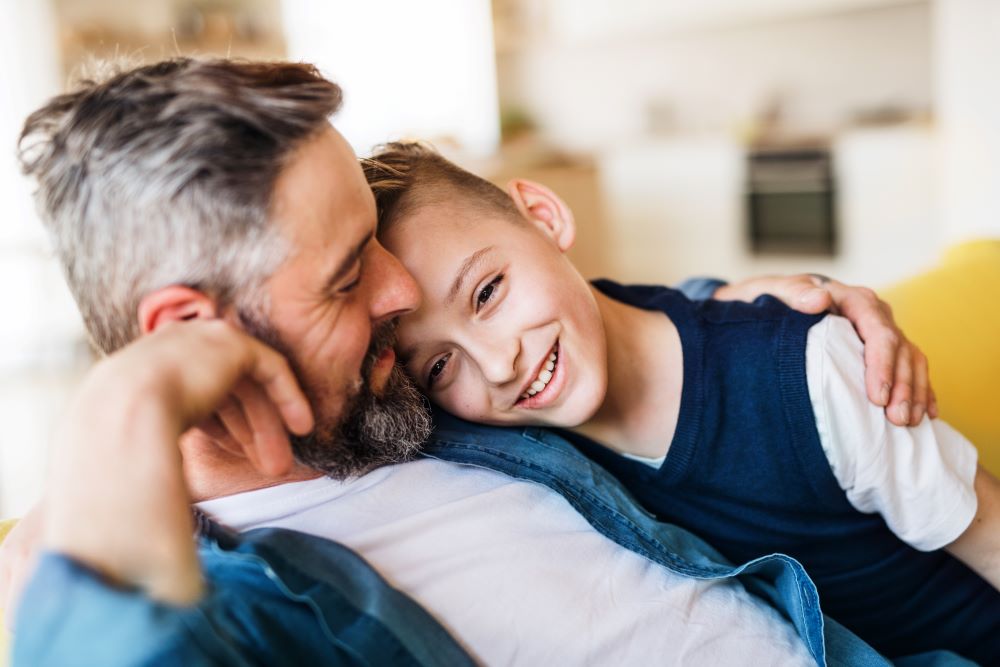Child custody is a confusing, complicated, and emotionally fraught process that no parent ever wants to put their child through. To obtain the outcome that is in your and your child’s best interests, you need to work with an experienced Raleigh child custody attorney who can provide more detailed answers to the most frequently asked questions regarding child custody in North Carolina.
How is Custody Decided?
Parents often decide between themselves how they want custody to be arranged. If they cannot come to an agreement, and even if mediation fails, a judge will take in all relevant information to the case and make a decision in the child’s best interest. Not either of the parent’s best interests.
How Long Does a Child Custody Hearing Take?
While most child custody hearings in North Carolina are relatively short (usually just a few hours at most), the time that it takes to properly prepare for a hearing is much longer. Most child custody disputes can be resolved between the parties directly, without court intervention.
How is Joint Custody Different Than Sole Custody?
There are two forms of custody in North Carolina: sole and joint. Sole custody means only one parent has that type of custody, while joint means both parents have that particular type of custody.
What Types of Custody Are There?
In North Carolina, there are two types of custody: physical custody and legal custody. Physical custody refers to where the child lives (who is taking care of the child on a day-to-day basis), while legal custody refers to a parent’s decision-making rights about the child’s healthcare, education, religious upbringing, and other significant decisions, according to the North Carolina Judicial Branch. Custody can look like any of the following:
- Sole legal custody—only one parent has legal decision-making rights about the child.
- Sole physical custody—the child lives with one parent all of the time or the majority of the time.
- Joint legal custody—both parents have legal decision-making rights about their child.
- Joint physical custody—the child lives with Parent A 50 percent of the time and Parent B the other 50 percent of the time.
What Does it Mean to Have Visitation Rights?
Visitation rights may be granted to a parent who is not given custody rights. While the parent does not have any legal rights regarding where the child lives, goes to school, etc., the parent is responsible for the child’s well-being during the time of visitation. However, some visitation may be supervised by another party.
Can Grandparents Secure Visitation Rights?
In certain rare cases, grandparents may be given visitation rights if the court believes it is in the best interest of the child under North Carolina child custody laws § 50-13.2.
Does a Father Have an Equal Chance at Receiving Custody as a Mother?
While courts used to grant sole custody to mothers in almost all cases back in the day, this practice is not done today. Fathers have an equal right to custody as mothers. If the parents cannot come to an agreement on their own or through negotiations between their attorneys, the court will decide on the child’s best interest.
The Other Parent is Refusing to Pay Child Support. So, Can I Refuse Their Visitation Rights?
It is unlawful to refuse a non-custodial parent their court-ordered visitation rights, even if they have not been paying child support. Denying a parent’s visitation rights jeopardizes your custody rights.
How Can I Improve My Chances of Receiving a Favorable Custody Arrangement?
There are a few things to keep in mind during a custody dispute that will help improve your chances of success. These include:
- Being patient
- Refraining from saying negative things about the child’s other parent in front of the child
- Keeping your thoughts regarding divorce or child custody off social media
- Keeping your temper under control
- Showing that you are willing to communicate and cooperate with the other parent
- Continuing to be a positive presence in your child’s life
- Seeking the guidance of an experienced North Carolina child custody lawyer.
Call a North Carolina Child Custody Attorney Today for Help
Whether you just asked for a divorce or you and the child’s other parent have been arguing about custody for months, it is in your best interest to seek out the help of an experienced North Carolina child custody lawyer to set yourself up for success. The Triangle Divorce Lawyers can help you secure the child custody or visitation rights you want and deserve. Call us today at 919-364-1802 to schedule a free consultation.



